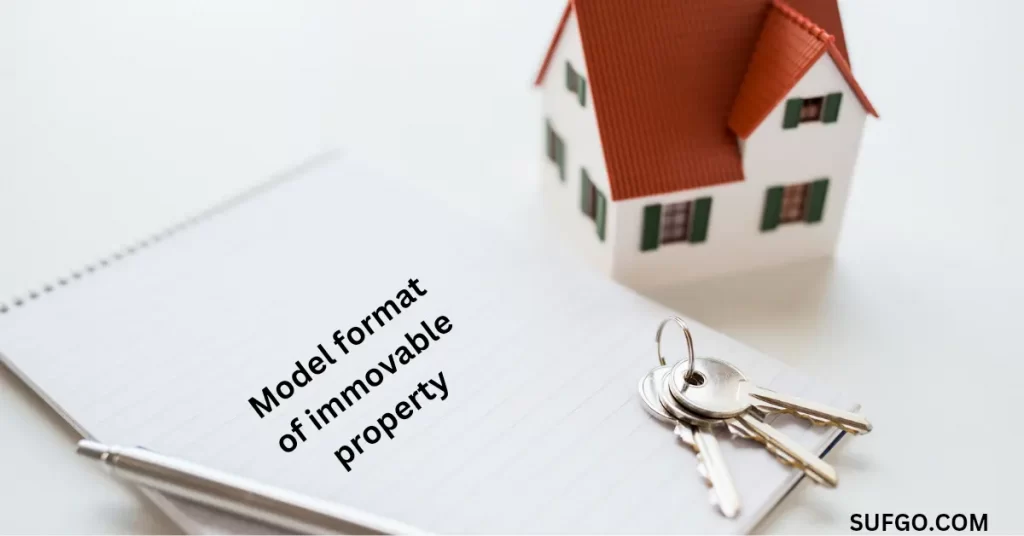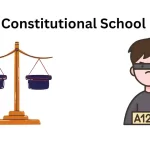Immovable property is one of the most important assets that owners of businesses can possess. This is because immovable property can serve as a foundation for businesses, allowing them to expand and grow. However, when it comes to immovable property, there are a number of legal issues that owners need to be aware of, as well as contract terms that need to be followed.
The Concept of Immovable Property
The concept of property is one that is often difficult to define and understand. In law, property can be defined as anything that can be owned or controlled by someone. This can include things like land, buildings, cars, and even personal belongings.
There are a number of different types of property, including movable and immovable. Movable property includes things like furniture, appliances, and other items that can be moved from one place to another. Immovable property, on the other hand, refers to things like land, buildings, and cars. These types of properties cannot be easily moved, and typically require formal documents to transfer ownership or control over them.
When it comes to legal opinions regarding immovable property, there are a number of different model formats that can be used. The most common format is the Model Opinion on Immovable Property (MOIP). This document is designed to provide guidance to judges when it comes to resolving disputes related to immovable property. It covers a variety of topics such as title recognition, inheritance disputes, and land claims.
The MOIP model format is not the only option available when it comes to legal opinions regarding immovable property. There are also models designed for specific jurisdictions such as the
Acquisition of Immovable Property
The model format of legal opinion regarding immovable property is an outline that provides a skeleton for drafting a formal legal opinion. The first step is to identify the relevant law and jurisdiction. Next, the opinion should set out the facts and relevant evidence. Finally, the opinion should provide a legal analysis of the relevant law and decide whether the property is subject to an adverse possession claim.
Transfer of Immovable Property
What is an Opinion Regarding Immovable Property?
An opinion regarding immovable property is a legal document that provides guidance on the proper transfer of property. This document outlines the steps that must be taken in orderto transfer property, including the identification of the property, the parties involved in the transfer, and the consideration given to title and rights.
How Does an Opinion Regarding Immovable Property Help?
An opinion regarding immovable property can help ensure that the proper steps are taken in order to transfer property correctly. This document can also help to resolve any potential disputes that may arise during the transfer process.er to properly dispose of a piece of property, including identifying who owns the property, calculating its value, and determining the appropriate taxes and fees to be paid.
Format of an Opinion Regarding Immovable Property:
1. Introduction
2. The Parties
3. The Property
4. The Title
5. Conclusion
6. Appendix A: Transfer of Property Laws by Country
7. Appendix B: List of Jurisdictions That Have Opinions Regarding Immovable Property determining whether any taxes or fees should be paid.
How Is an Opinion Regarding Immovable Property Formed?
An opinion regarding immovable property is formed when a lawyer receives a request for legal advice on a specific piece of property. The lawyer will review the relevant documents and laws in order to provide a professional opinion on the best way to transfer or dispose of the property. In some cases, an opinion may also include suggestions for resolving any disputes that may arise during the transfer process.
Duration of Security over Immovable Property
Legal Opinion on Immovable Property
The duration of security over immovable property can range from a few months to a lifetime. When an owner of immovable property needs to determine the duration of security they need, they should consider the following factors:
-The location of the property
-The type of property
-The potential threats to the property
-The history and current condition of the property
-The likelihood of future
An opinion on the model format of legal opinion regarding immovable property is provided below.
In order to provide clarity and certainty for parties involved in property transactions, a model format for legal opinions on immovable property is proposed. The opinion should be based on an analysis of the relevant legal provisions, case law, and international standards. It should be tailored to the specific facts of the particular case and should be supported by appropriate documentation.
The opinion should be divided into the following sections:
1. Identification of the immovable property;
2. Description of the security arrangement;
3. Estimation of the value of the security;
4. Conclusion;
5. Recommendations.
1. Identification of the Immovable Property
The opinion should include a detailed description of the immovable property, including its legal title, location, and dimensions. The opinion should also include a full inventory of all movable assets located on or connected to the property.
2. Description of the Security Arrangement
The opinion should provide a detailed description of the security arrangement, including the terms and conditions of the security, the identity of the party providing the security, and the duration of the security. The opinion should also provide an estimate of the value of the security.
3. Estimation of Value of Security
The estimate of value should be based on an analysis of current market conditions and should take into account any potential changes in market conditions that may occur over time. The opinion should also include a discussion of any risks associated with providing security for the property.
4. Conclusion
The conclusion section should provide a summary of all findings in this review and make recommendations for resolving any issues raised in this review.
development in the area
Conclusion
In the context of real estate transactions, it is often important to know what is legally binding in the event of a disagreement. A legal opinion can provide you with guidance on this question, and can help you avoid any potential disputes down the road. If you are looking for legal advice on a particular property matter, or would like to schedule an appointment to discuss your specific situation, do not hesitate to get in touch with us at The Law Offices of Michael I. Steinberg. We would be happy to assist you.






